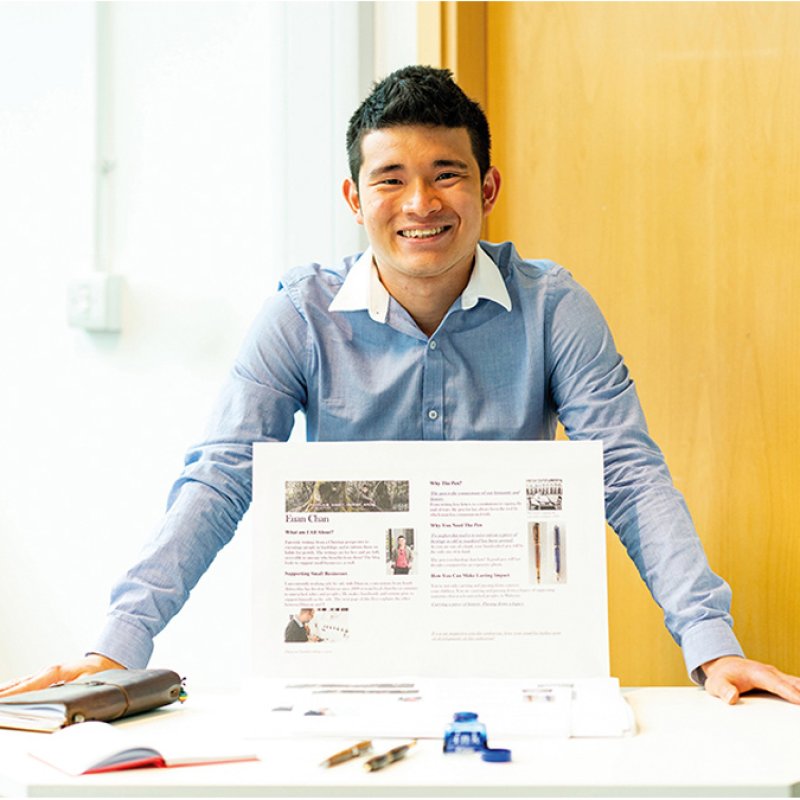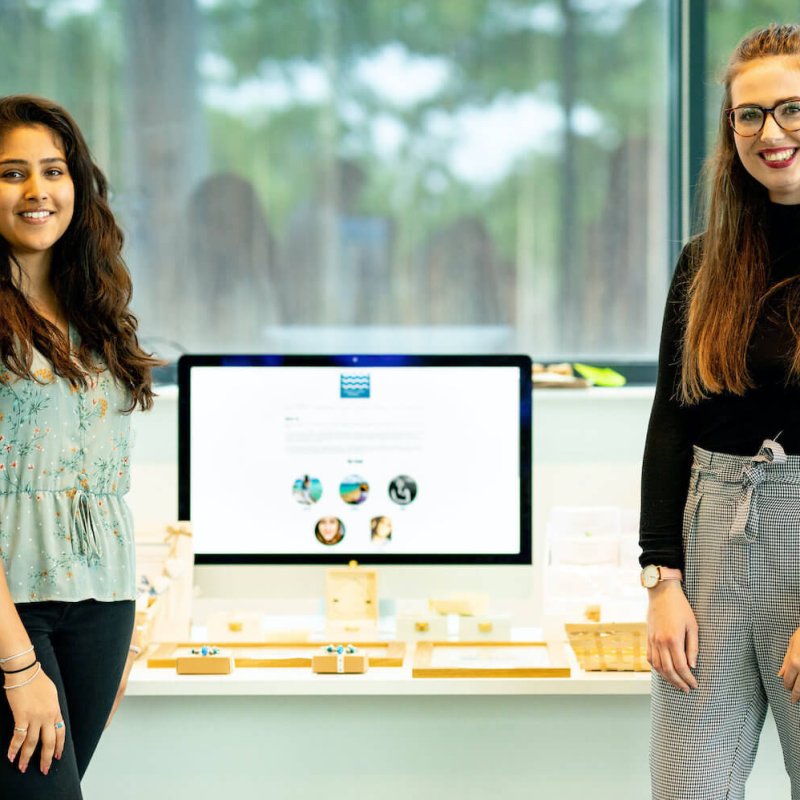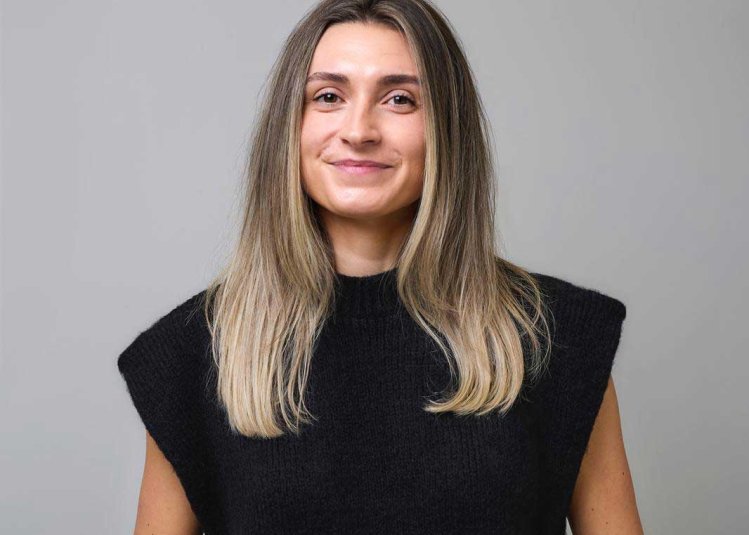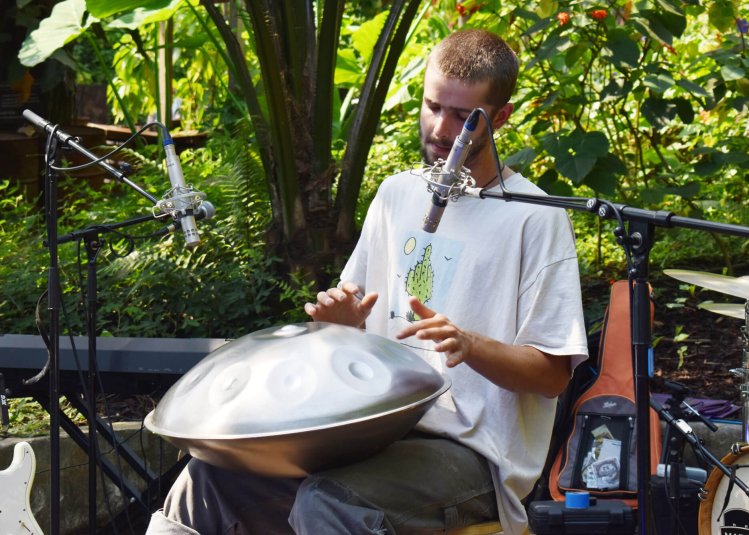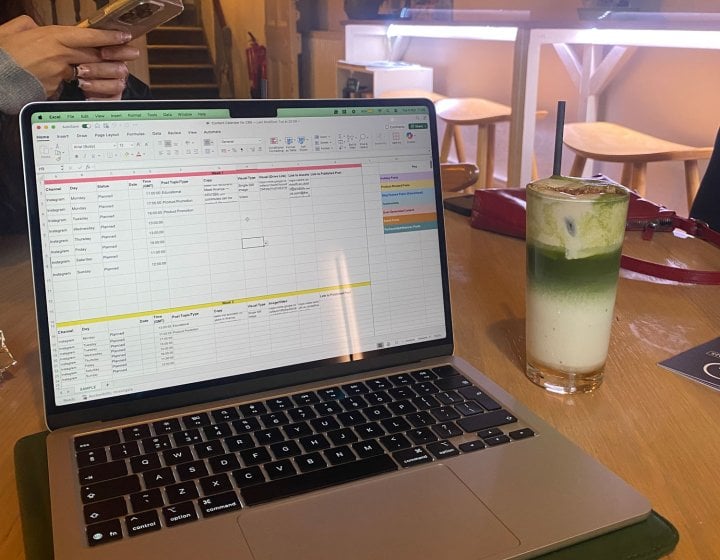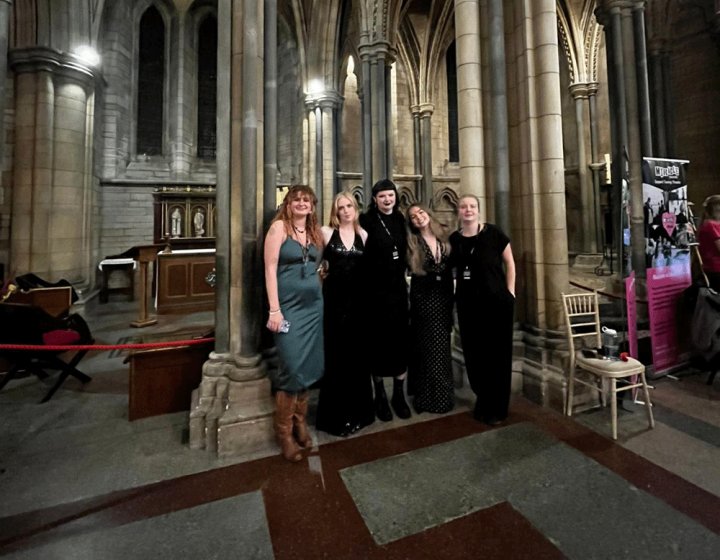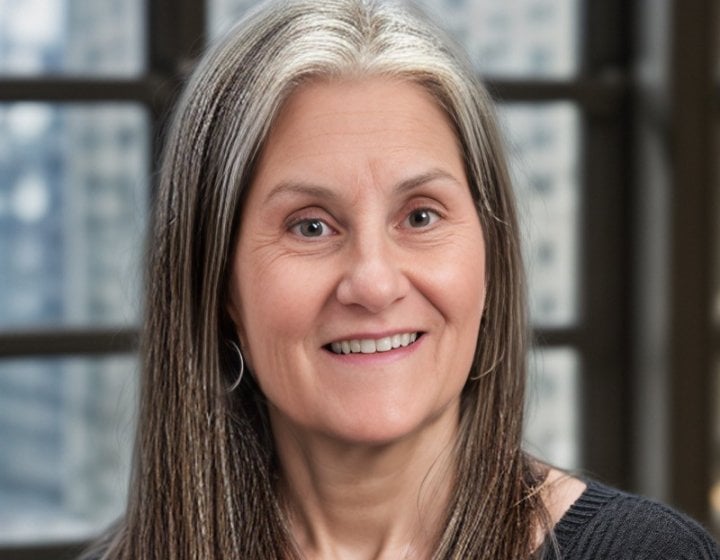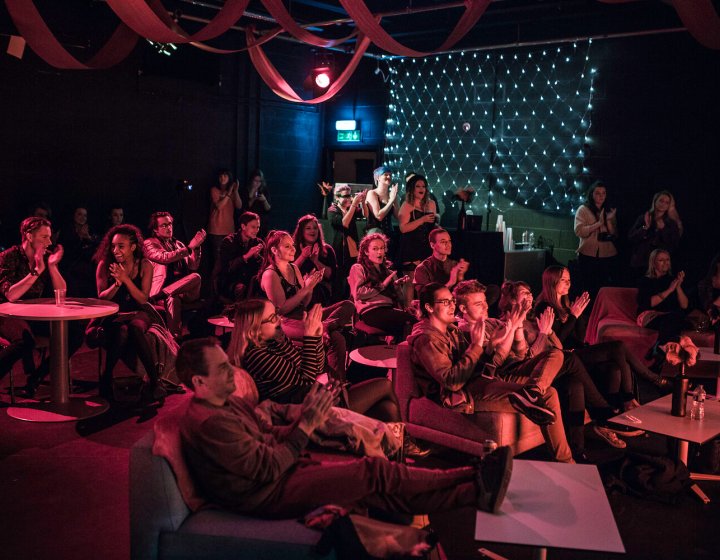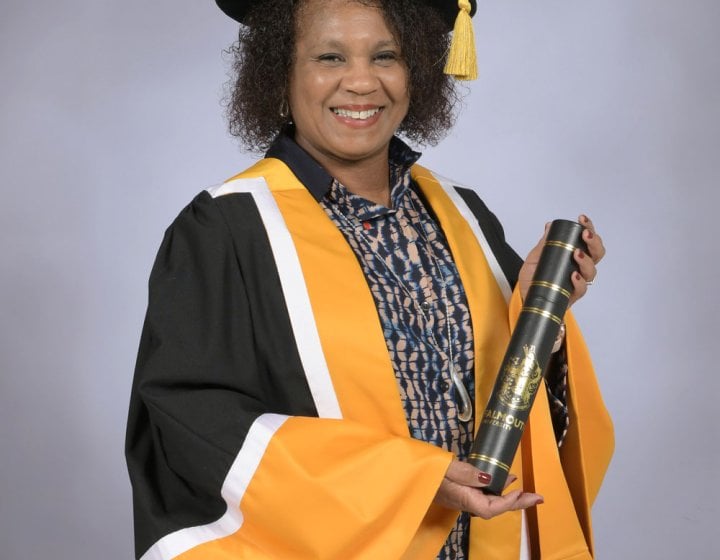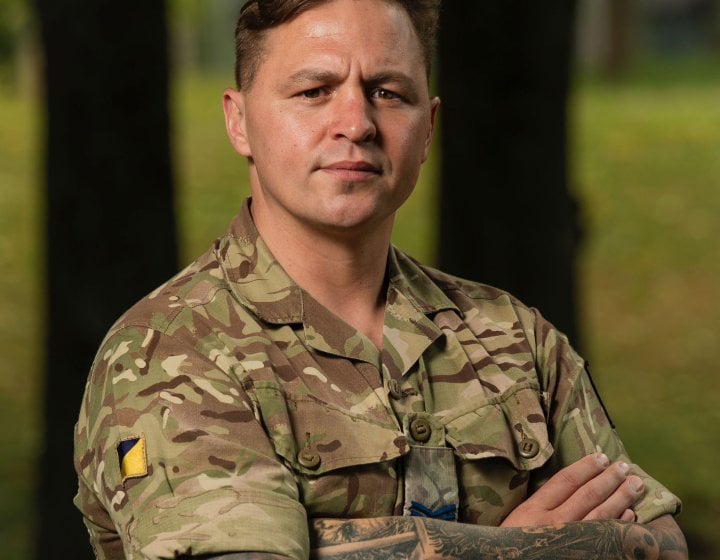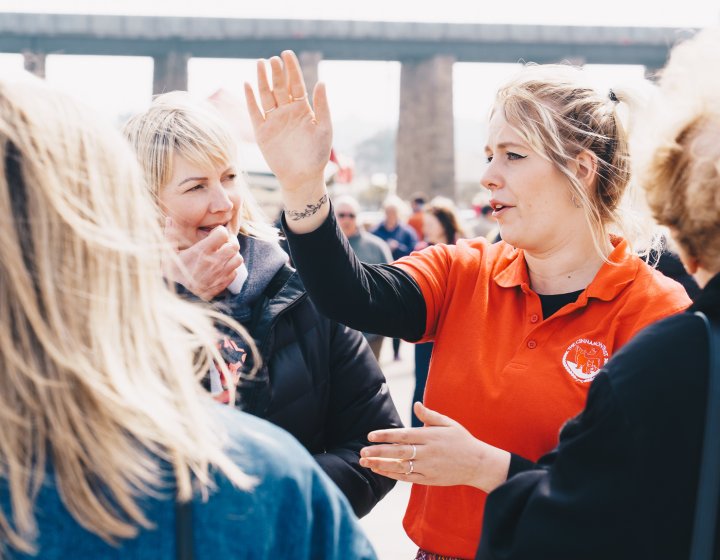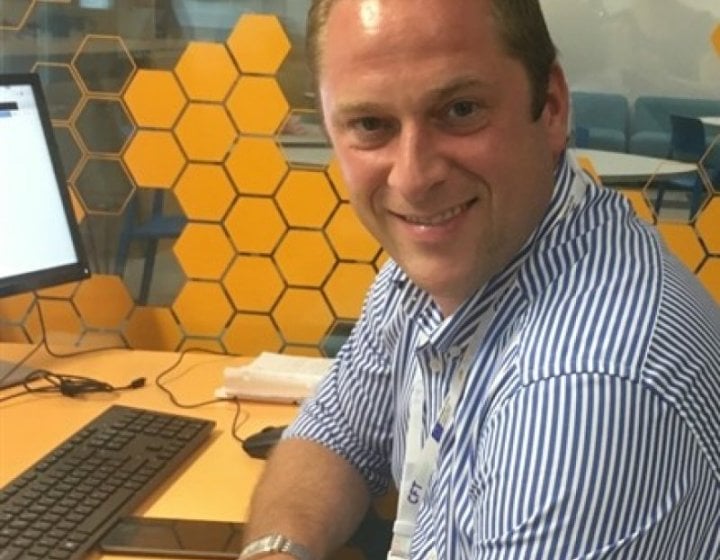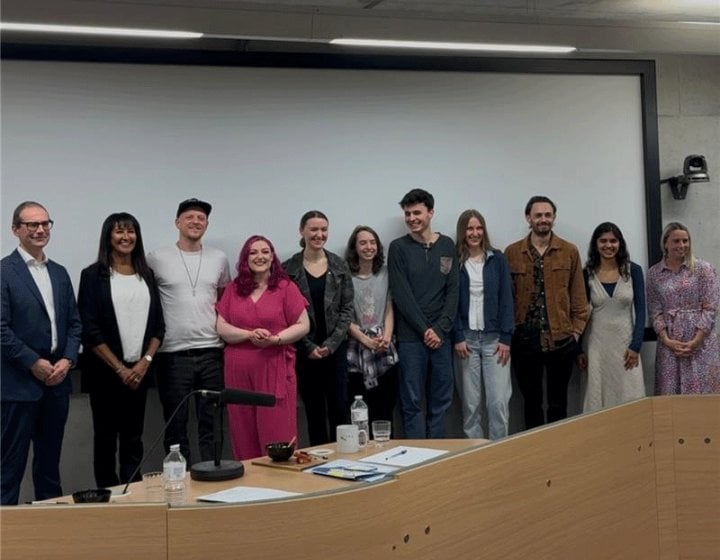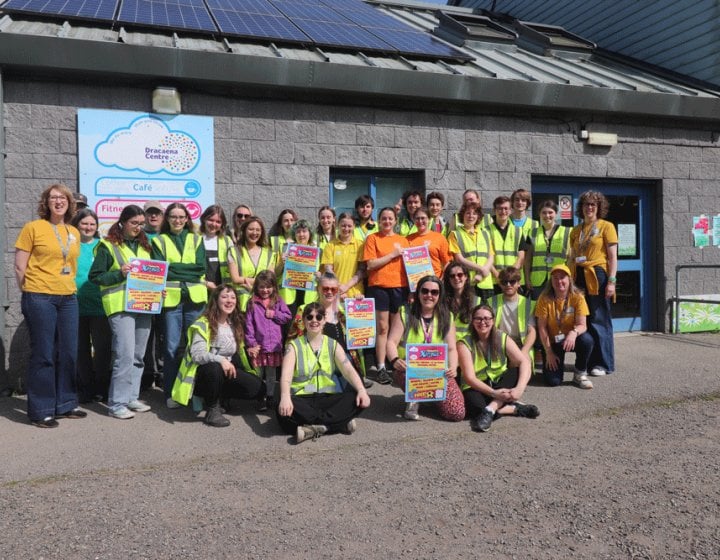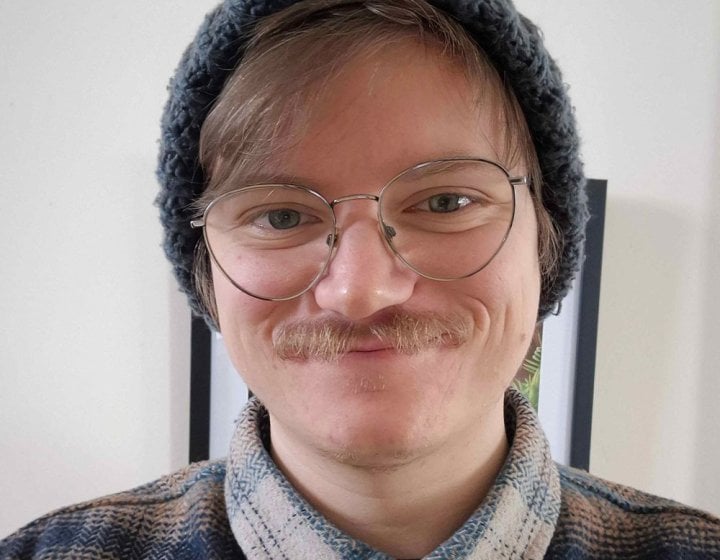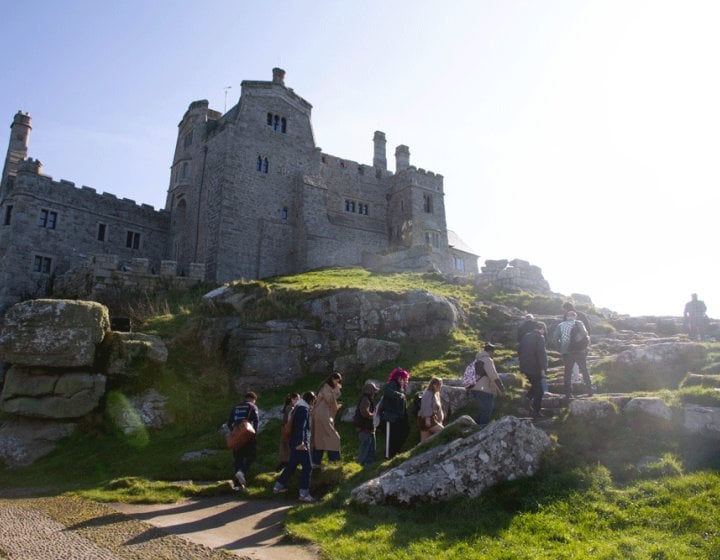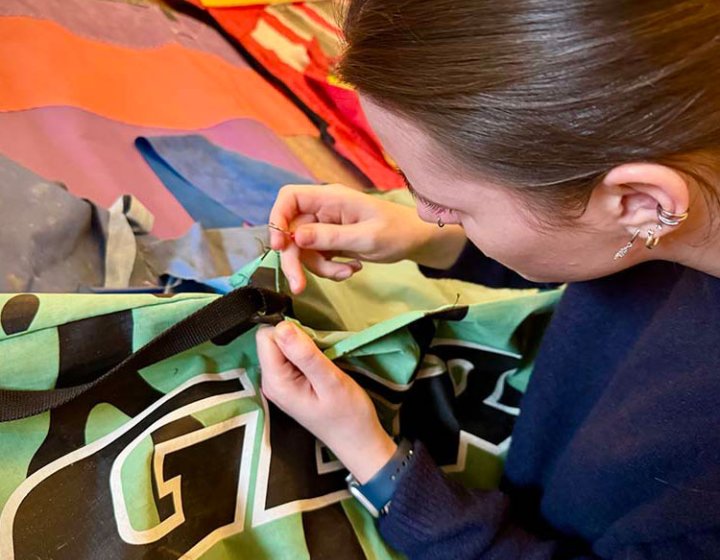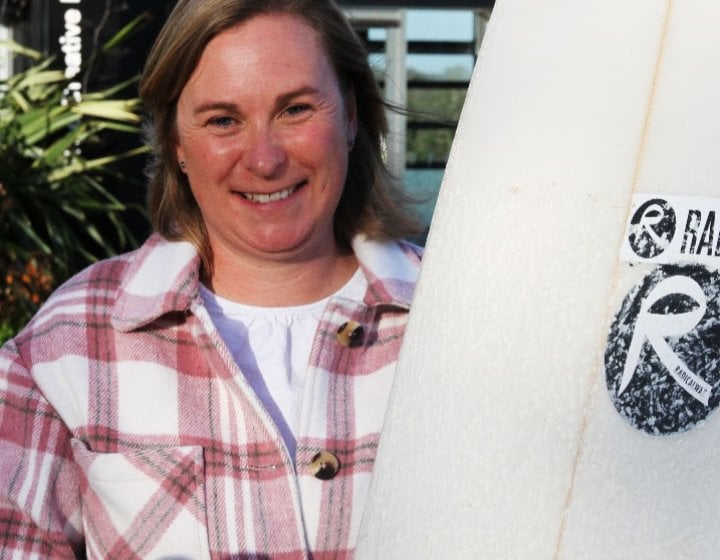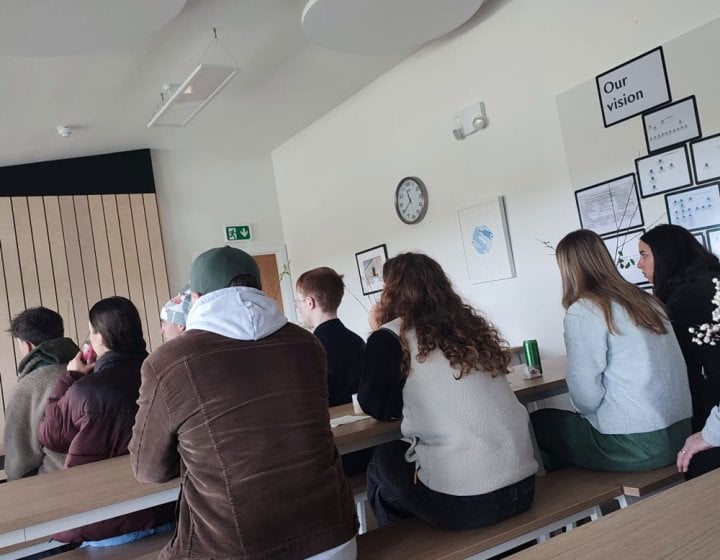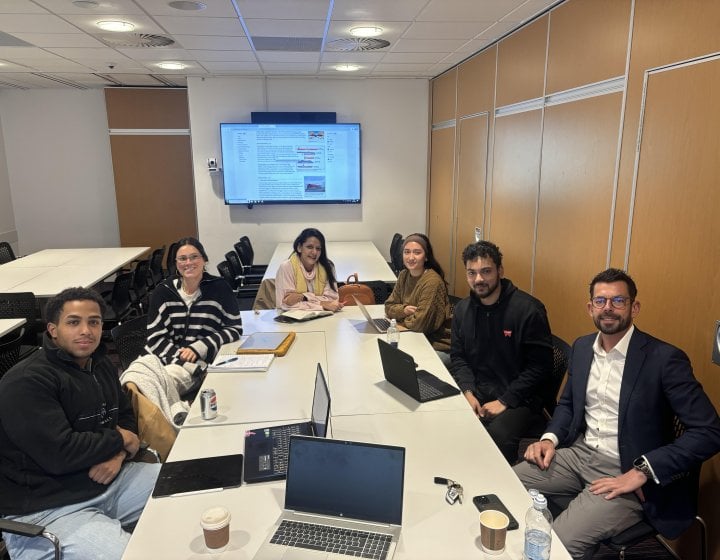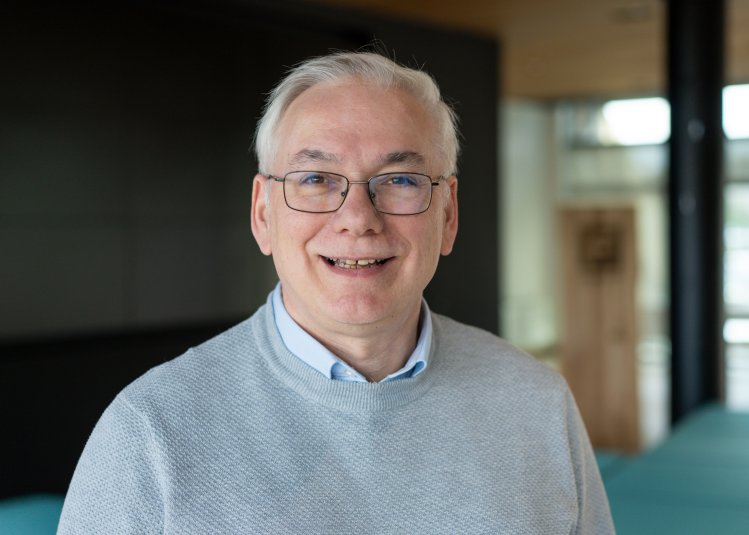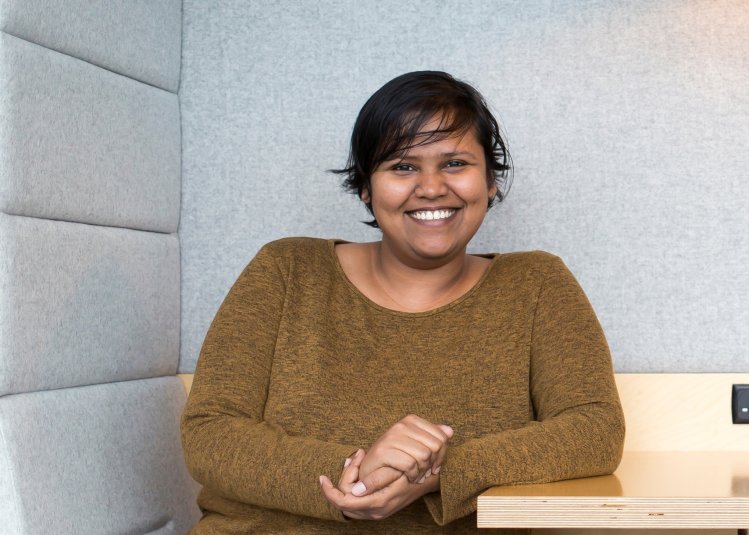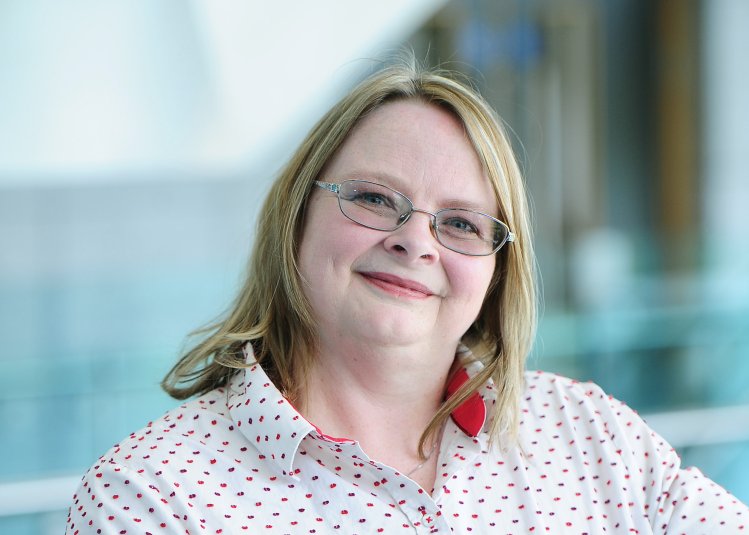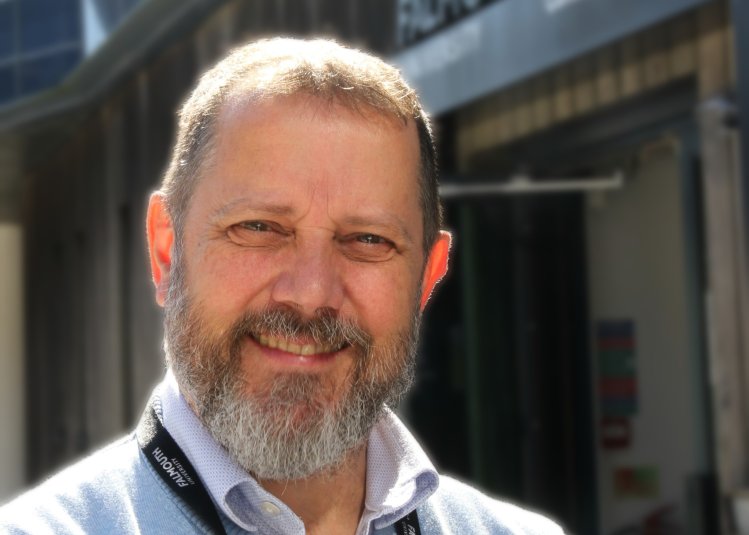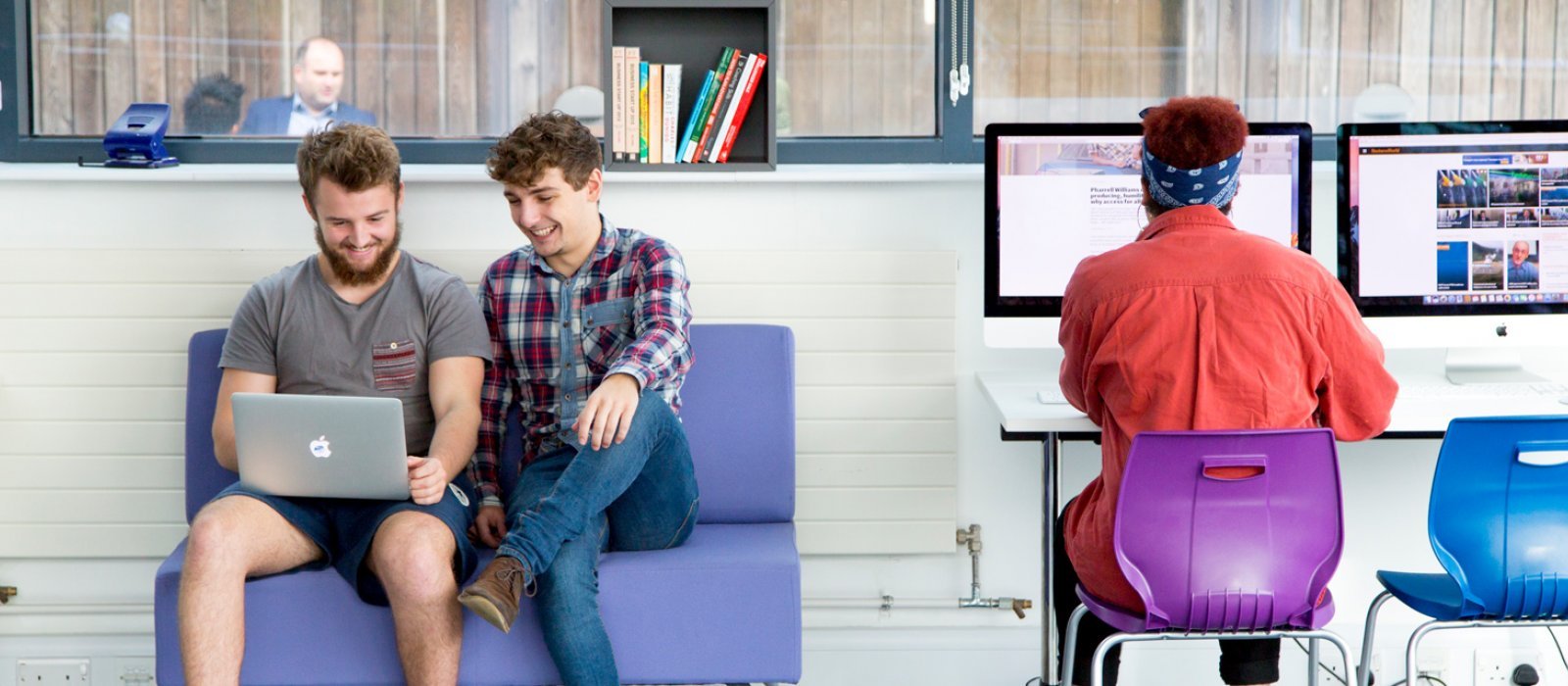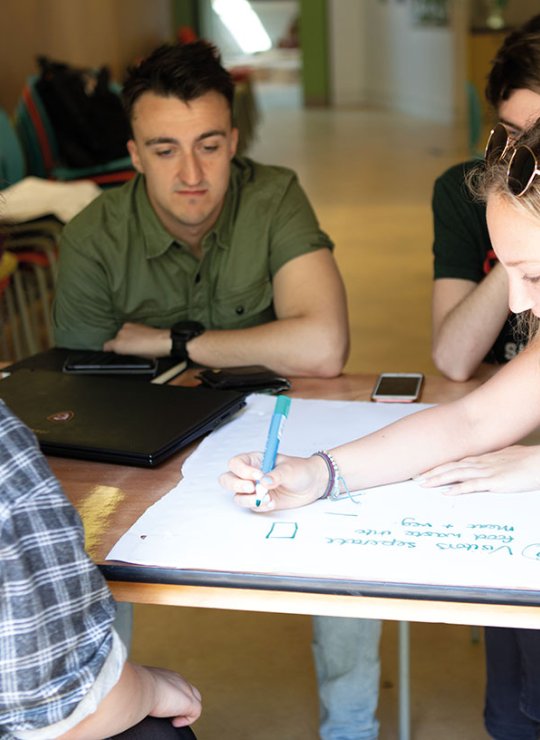
Business Entrepreneurship & Innovation BSc(Hons)
Join the entrepreneurs of tomorrow at the cutting edge of business
Course overview
This degree underwent a name change in 2024. It was previously known as Business & Entrepreneurship BSc(Hons).
Learn how to apply your entrepreneurial spirit in the modern business world, on a degree course that champions innovative thinking, critical questioning and the practical application of key business skills. Throughout this Business Entrepreneurship & Innovation degree, you’ll collaborate with peers and professionals to grow your network and share ideas, while learning theory and applying it to your own practice. You’ll also explore the social and environmental contexts of business and the art and science of building brands, graduating with the attributes needed to shape a successful and conscientious career.
You will:
- Develop your entrepreneurial skills in a live project environment that mirrors industry practice
- Investigate the key elements of business, the challenges of being a business leader, and future industry trends
- Explore data, information and intelligence, learning how to utilise your insights to make decisions
- Develop strategies to maximise team performance through creative and ethical leadership
- Have opportunities to pitch and present ideas as a team, to improve your relationship-building and decision-making skills
- Collaborate with skilled specialists from across the University, to build business plans and ideas
While studying this Business Entrepreneurship & Innovation degree, you will be eligible to receive the CMI Level 5 Diploma in Management and Leadership upon successful completion of the degree.
For the duration of your course you’ll also be an Affiliate Member of the CMI. This opens access to a host of member benefits to help you progress on your professional journey.

Similar courses

Music Business BA(Hons)
Get ready to shape the music business by mastering the skills needed to manage, create and innovate....
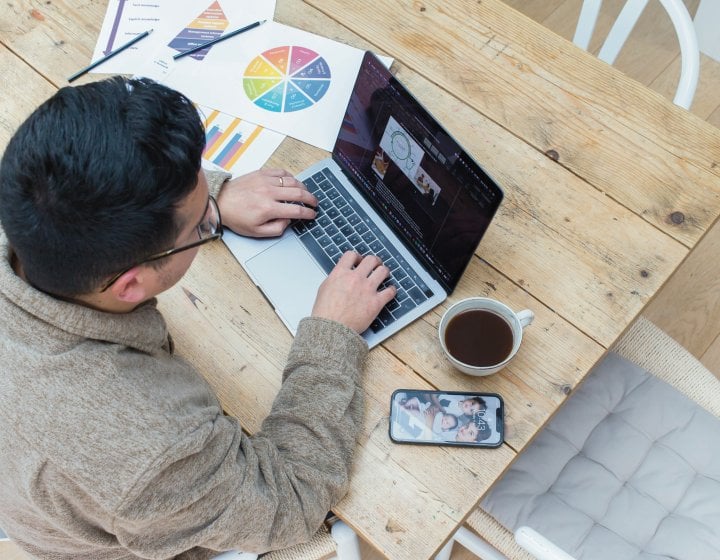
Business & Marketing BSc(Hons) (Online)
Become a skilled, confident, ethical and future-ready business and marketing professional with this ...
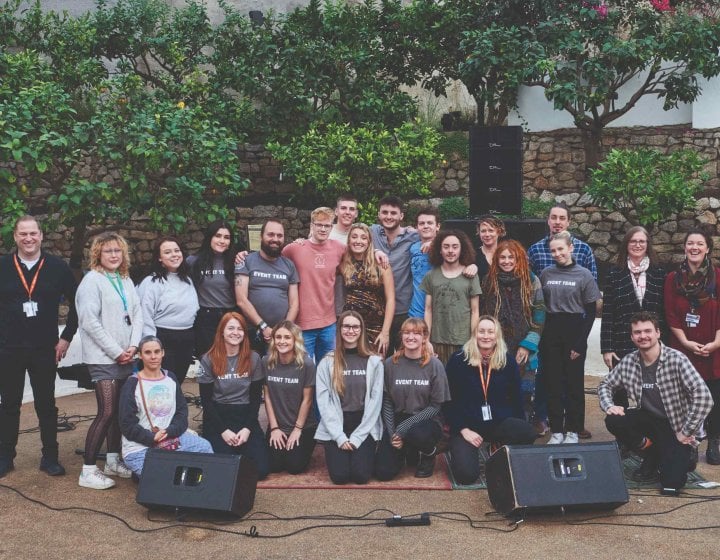
Festival Management BA(Hons)
Working at the forefront of inclusivity, accessibility and sustainability, you‘ll gain the skills,...
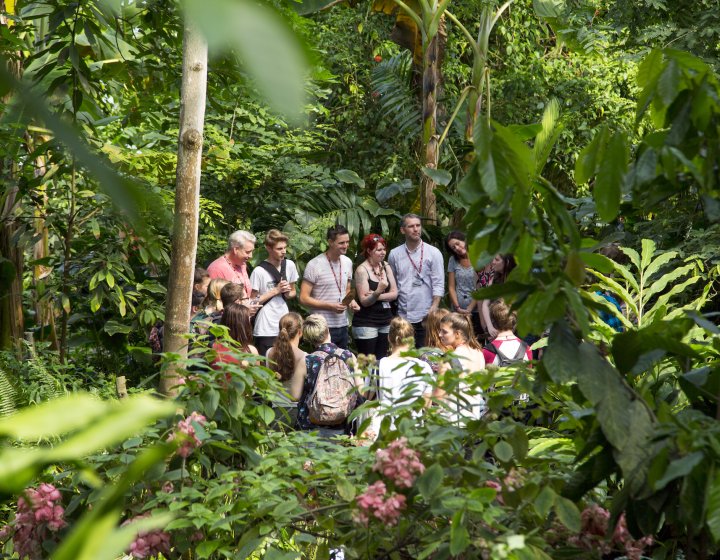
Tourism Management BA(Hons)
Shape the tourist landscape of tomorrow on this innovative degree. Through work on live projects, yo...
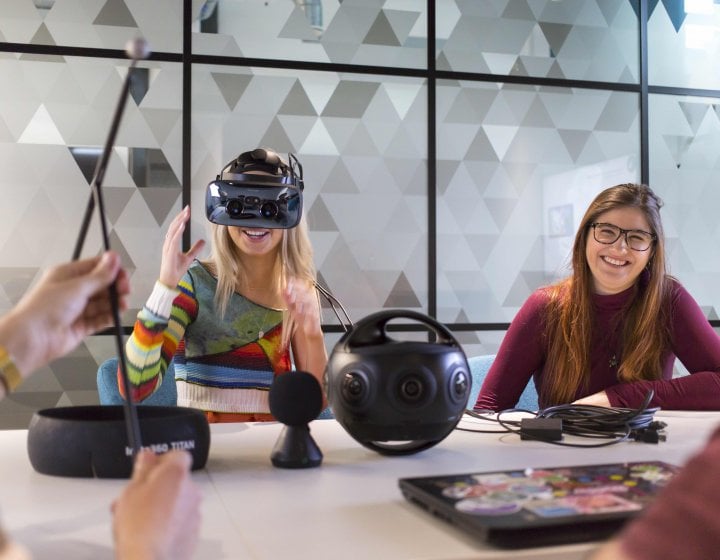
Business & Digital Marketing BSc(Hons)
Prepare yourself for a career in the fast-paced and ever-evolving world of business and digital mark...
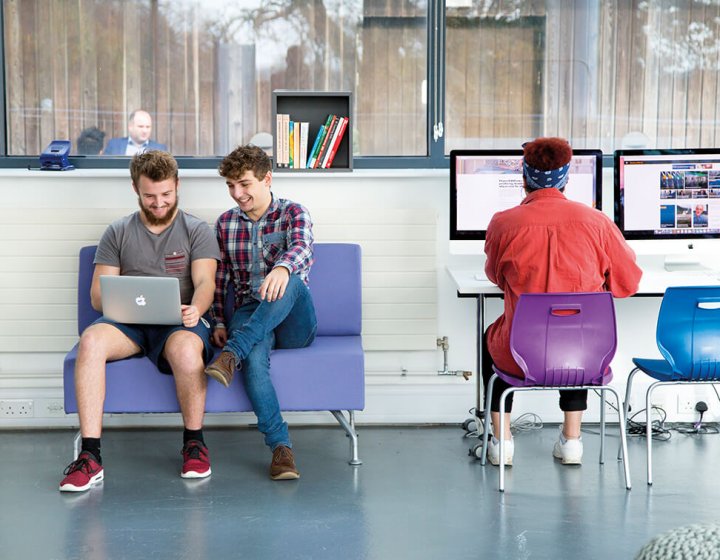
Business Management BSc(Hons)
You’ll gain critical business theory and management expertise while responding to real-world team ...
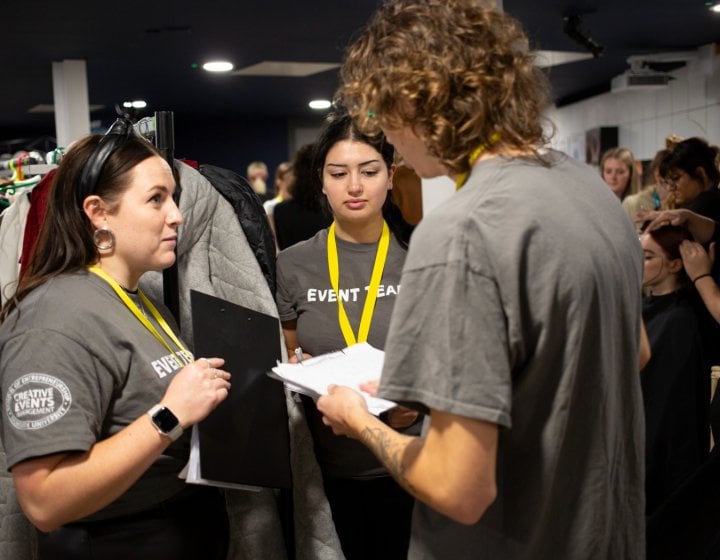
Creative Events Management BA(Hons)
Learn how to take a creative and innovative approach to designing and delivering events. With entrep...
